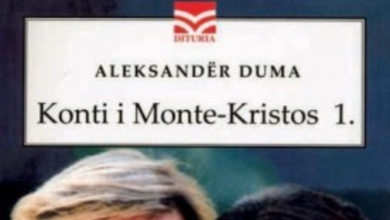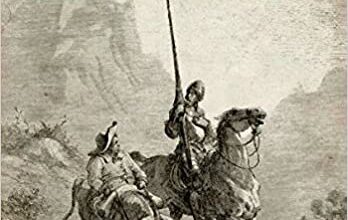Teuta Kamberi-Llalla Anthology of Arvanite poetry

Teuta Kamberi-Llalla Antologji e poezise arvanitase

Arvanitase oral poetry has played an important role in presenting reality by making us aware of events from everyday life and social problems. Poems with different motives such as family, agricultural, cultural, economic and satirical have influenced the increase of awareness and their development.
Most of the Arvanites weaved verses related to the events related to the fight for freedom by various invaders. The Arvanitas were a warlike people whose pride could not tolerate the humiliations of slavery and it was natural for the bravery shown in the wars for freedom to be expressed in literary poetic verses as well. But the Arvanites also expressed concern about the misfortune that the Arberian language was suffering. In the verses about language they show the collective spiritual pain for without the possibility of writing their own language. And for its preservation they chose the path of singing.
The Arvanitas also dedicated poetry to the daily work they did. Numerous poems were dedicated to agriculture, livestock, so the work they did became the inspiration for the creation of poems expressing the worldview of Arvanites for work.
In satirical verses the Arvanites have mocked power in Greece. They mocked the poor work of ministers, deputies, judges, priests, etc. The satire of the Arvanites had good luck, it soon managed to be published in the Albanian language and in the Greek press from the beginning of the century. XIX.
The love between the boy and the girl was often expressed in poetic verses that evoked emotions of rapprochement between the two young men. In these poems the eternal loyalty and sensitivity that young people express for each other is noticed.
For the first time we meet the beginnings of Arvanite poetry somewhere from the century. XIII. According to the scholar Aristidh Kola, the ballad entitled “The Death of a Warrior” is thought to have been written in the early 14002s, when the Turks entered More (modern-day Peloponnese) and the Arvanites fought to expel them. The ballad “Death of a Warrior” was republished in 1986 by Giuseppe Schiro in Naples, MCMXXIII, at the “Traditional Song” festival held in Piana Albanezi without a title. But when it was republished by the association “League of Arvanites of Greece” in the 2003 calendar, the authors gave it the title it’s today. Another difference for this ballad from the recording of Giuseppe Skiroi is the letter ë of the alphabet of the Albanian language. Giuseppe Skiroi ë e a ka ae. Whereas the Arvanites have the letter ë as e, and the letter e as ε.
In 1534 about 20,000 Arvanites, led by Captain Andrea Doria, left Corona Morea for southern Italy. The poem “O beautiful More” is dedicated to the removal of this large mass of the Arvanite population from their lands and homes. Unfortunately, the author who created this poem, which turned into an anthem for the entire Arbër people, is still unknown. But, for the first time the poem “O beautiful More” was found written in 1708, in Kieut’s manuscripts. Arbëresh philologist Dhimitër Camarda (1821-1882), would republish in 1866 this poem in Albanian but in Greek letters in the book Appendice al Saggio



